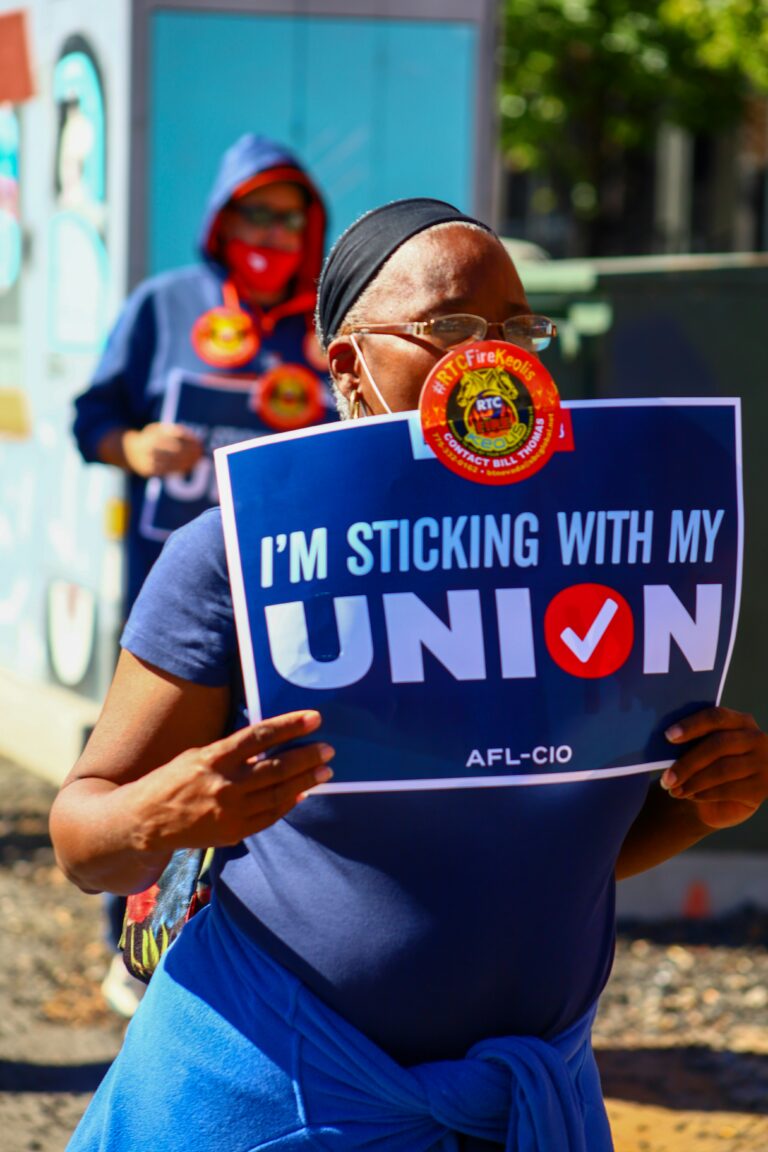Jon Weinberg is a student at Harvard Law School.
While Uber attempts to discourage the unionization of drivers in Seattle, some drivers are challenging the municipal law giving drivers the right to organize. According to the Seattle Times, “the drivers are seeking a temporary restraining order barring the city from enforcing the law — the first of its kind in the country — saying it goes against federal labor and privacy laws, as well as violates their rights to free speech and association.” The lawsuit is being led by the National Right to Work Foundation and the Freedom Foundation. The drivers primarily argue that the National Labor Relations Act pre-empts the municipal law.
Another innovative municipal law has gone into effect, in San Jose, CA. The Mercury-News notes that ” San Jose businesses with 36 or more employees must now offer extra shifts to part-time workers before hiring new staff.” Under the Opportunity to Work measure, “companies must offer — in writing — extra work hours to existing qualified part-time employees. If those employees aren’t qualified or decline the extra hours, an employer can then hire additional workers to fill the shifts. The idea, advocates say, is to give existing workers access to extra hours to boost their paychecks.”
Muslim workers in Europe suffered a legal setback in seeking to assert their right to wear the hijab in the workplace. The Washington Post reports that “The European Court of Justice issued a non-binding ruling Tuesday that employers can prohibit the Muslim headscarf in the workplace, setting an important precedent for a continent in the midst of a fraught political climate.” The ECJ concluded that rules against the wearing of the hijab in the workplace were in fact rules against the visible wearing of religious signs, and thus not direct discrimination. Notably, “in the absence of official internal regulations prohibiting what employees can wear to work, the court suggested, Muslim women have a stronger case for wearing the hijab to the office.”
President Trump’s struggle with jobs data continues. FiveThirtyEight breaks down Trump’s unfounded attacks on jobs data and the danger of any resulting public distrust of government data. In summary, “there is a big difference…between arguing that the unemployment rate is a flawed measure and accusing the prior administration of data manipulation. The latter is an extraordinary claim requiring extraordinary evidence — something no one in the Trump administration has yet provided.”
Finally, the Harvard Business Review published a new article attributing Germany’s booming economy to the autonomy of wage bargaining inherent to Germany’s decentralized labor relations model.






Daily News & Commentary
Start your day with our roundup of the latest labor developments. See all
October 24
Amazon Labor Union intervenes in NYS PERB lawsuit; a union engages in shareholder activism; and Meta lays off hundreds of risk auditing workers.
October 23
Ninth Circuit reaffirms Thryv remedies; unions oppose Elon Musk pay package; more federal workers protected from shutdown-related layoffs.
October 22
Broadway actors and producers reach a tentative labor agreement; workers at four major concert venues in Washington D.C. launch efforts to unionize; and Walmart pauses offers to job candidates requiring H-1B visas.
October 21
Some workers are exempt from Trump’s new $100,000 H1-B visa fee; Amazon driver alleges the EEOC violated mandate by dropping a disparate-impact investigation; Eighth Circuit revived bank employee’s First Amendment retaliation claims over school mask-mandate.
October 20
Supreme Court won't review SpaceX decision, courts uphold worker-friendly interpretation of EFAA, EEOC focuses on opioid-related discrimination.
October 19
DOL issues a new wage rule for H-2A workers, Gov. Newsom vetoes a bill that regulates employers’ use of AI, and Broadway workers and management reach a tentative deal